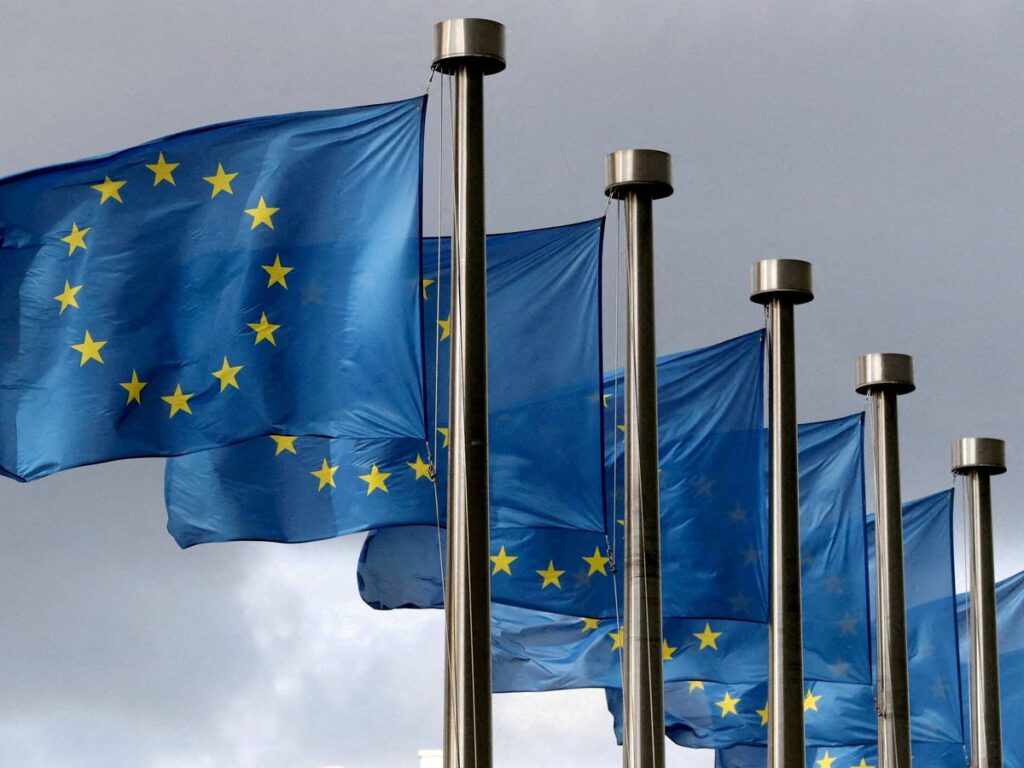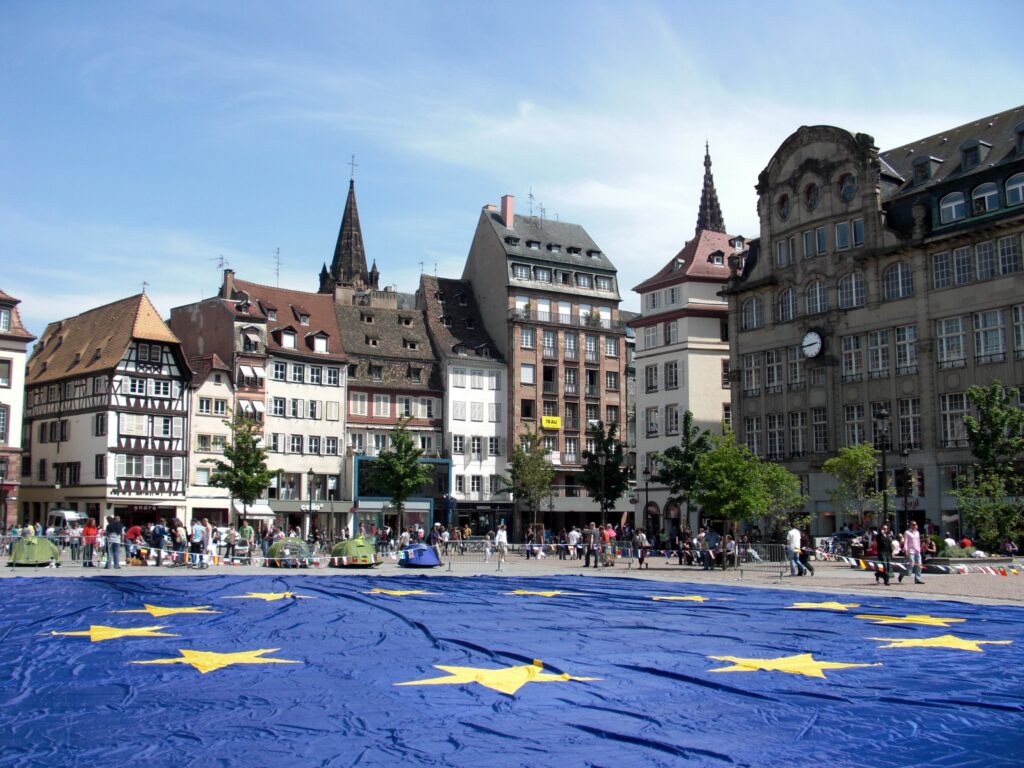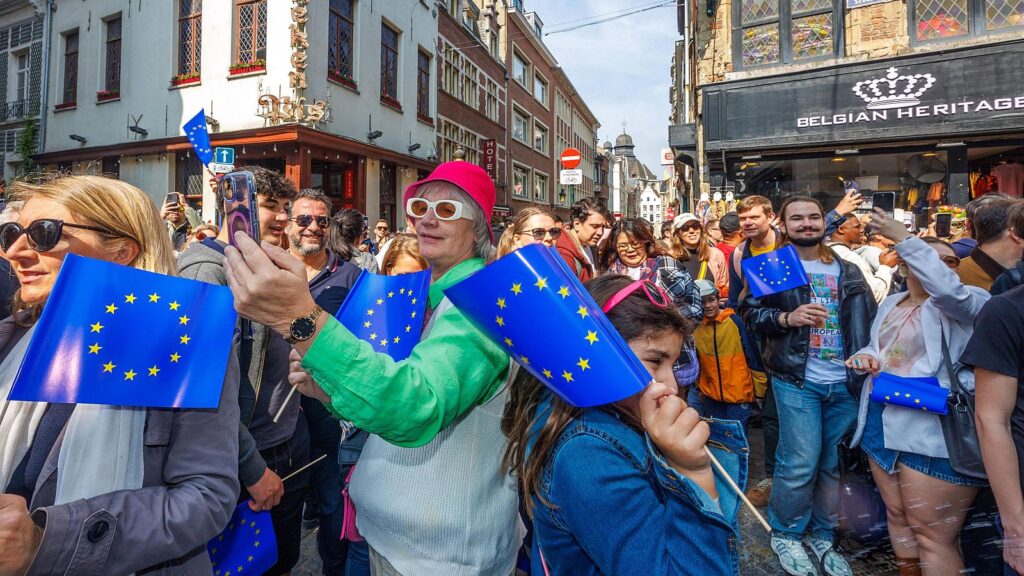Europe Day is celebrated every May 9th to commemorate peace and unity on the continent. This date marks the anniversary of the «Schuman Declaration», a historic proposal presented in 1950 by Robert Schuman, French Minister of Foreign Affairs, which laid the foundations for European cooperation. The Schuman proposal is considered the beginning of what is now the European Union.
In 2025, Europe Day presents itself as a special occasion, as we celebrate seventy-five years since the Schuman Declaration. Discover the history behind his visionary ideas and how they have contributed to the creation of the EU as we know it today.
Schuman Declaration (May 1950)
Robert Schuman, French Minister of Foreign Affairs, delivered the Declaration that bears his name on May 9, 1950. In it, he proposed the creation of a European Coal and Steel Community whose members would pool the production of coal and steel.
The ECSC (originally formed by France, West Germany, Italy, the Netherlands, Belgium, and Luxembourg) was the first of a series of supranational institutions that would become what is today the European Union.
Historical Context of Europe Day
In 1950, five years after the end of World War II, European nations were still struggling to overcome its ravages.
European governments, determined to avoid another terrible war, came to the conclusion that, by pooling the production of coal and steel, war between France and Germany, historical rivals, would be —in the terms of the declaration— "not only unthinkable, but materially impossible".
It was thought, rightly, that the merging of economic interests would contribute to raising the standard of living and would constitute the first step towards a more united Europe. Accession to the ECSC was open to other countries.



Key Quotes
- "World peace cannot be safeguarded without creative efforts comparable to the dangers that threaten it."
- "Europe will not be made all at once, nor as a single whole: it will be built through concrete achievements which first create a de facto solidarity."
- "The pooling of coal and steel production (...) will change the destiny of those regions which have long been devoted to the manufacture of weapons, of which they have been the most constant victims."

 Spanish
Spanish








